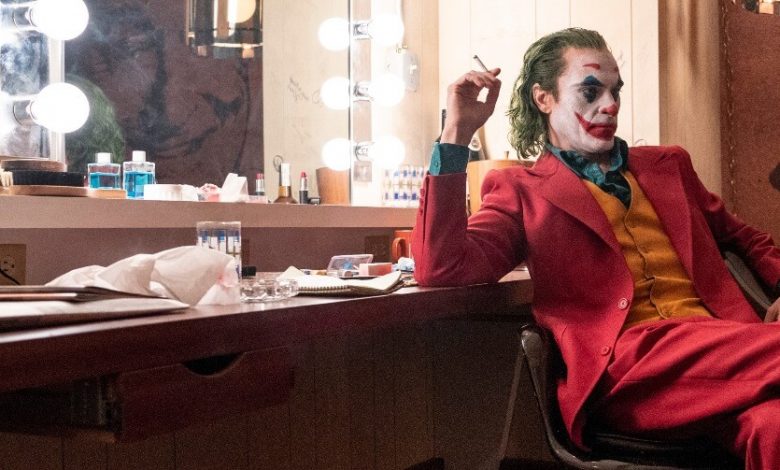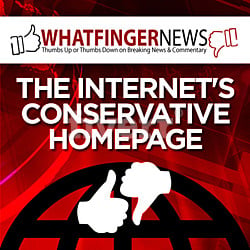Warner Bros. Won’t Defend ‘Joker,’ Free Speech

Free expression is taking a beating these days.
Comics who say the “wrong” jokes face the wrath of “Cancel Culture” or comedy titans unwilling to stand up to the PC scolds. Right-of-center pundits are threatened with violence should they attempt to address college students.
An actor who expresses common sense thoughts on parenting trans children is forced to apologize lest he face career ramifications.
What a time for Hollywood to throw a “Joker” on the table.
The Oct. 4 film fleshes out the back story behind Batman’s signature foe. Joaquin Phoenix plays Arthur Fleck, a troubled soul who turns violent as society alternately ignores and spits on him. It’s a bold departure from recent comic book escapades, a darker look into the mind of a madman.
And that’s where the trouble starts.
A growing chorus suggests this is the “wrong time” for a movie of its ilk to hit theaters. Literally. The film could ignite copycats, they say, similarly tortured white males who identify with the film’s main character.
The Joker has been parading across screens large and small for decades, in both campy and deadly serious versions.
Hollywood bestowed a posthumous Oscar on Heath Ledger for his memorable take on the character in “The Dark Knight.”
The man behind the 2012 theater shooting in Aurora, Colo. made Joker references following his deadly assault. The screening in question, “The Dark Knight Rises,” focused on the villainous Bane, not the Joker.
The minds behind the new “Joker” feature are struggling to keep up with the narrative. Phoenix got so flummoxed when a reporter pressed him on the film’s potential for violence he walked out of the interview. Director Todd Phillips took a more direct approach, defending his film and blasting the “Left” for summoning the arguments in the first place.
Kudos to an artist for explaining his work and his right to share it with the world. It’s a shame Warner Bros., the studio behind the film, doesn’t have the courage to do the same.
The studio just announced it will bar reporters from the “Joker” red carpet. Sure, the assembled media can still snap pictures of Phoenix and his fellow cast mates.
They just can’t be asked any questions.
It’s a cowardly way to approach the film and, more importantly, the right to create art in the first place.
“Joker” isn’t the first film to focus on a mentally troubled soul. TV viewers embrace anti-heroes all the time, from hit men with hearts of gold to science teachers turned meth cooks. HBO produced a mob series that captivated critics for years.
It’s art. It’s meant to challenge, to provoke, to reflect society in ways that make us think. And, potentially, it could spark violence.
John Hinckley, who nearly killed President Ronald Reagan, blames his actions on the violent 1976 film “Taxi Driver.” He wanted to romantically connect with its co-star, Jodie Foster and thought assassinating the President might curry her favor.
Oliver Stone’s 1994 hit “Natural Born Killers” allegedly inspired eight murders in total. In one case, a couple repeatedly watched the film, dropped acid, and went on a killing spree.
It’s a tragedy and, sadly, one of the staggeringly high prices we pay for living in a free society.
And what’s the solution? Do we ban art that we fear could cause violence? Who gets to make that call? The studios? The actors? The government?
A few dozen social media accounts?
Our Constitution protects our right to express ourselves. That could mean an offensive painting, a love sonnet or a major motion picture that could captivate the nation on opening day.
Warner Bros. should stand aside and let their artists speak.
#Joker has disinvited interview press from covering the red carpet at its premiere https://t.co/636H1YRJ9m
— Variety (@Variety) September 27, 2019
From a pragmatic point of view, the red carpet silent treatment throws chum in the media waters. Now, the violence question will stick to the film for days, if not weeks. Is that what Warner Bros. wants?
The cast and crew should be able to defend their work, to explain the thought processes behind the story and why they created this Joker for this period of time. (Ironically, the film is set in the 1980s).
We just saw a hot button film, “The Hunt,” get bounced from the release schedule over similar fears. Will “Joker” even make its release date?
More importantly, will one of Hollywood’s biggest studios fold rather than defend an all-American right, one that affects artists across all media?

